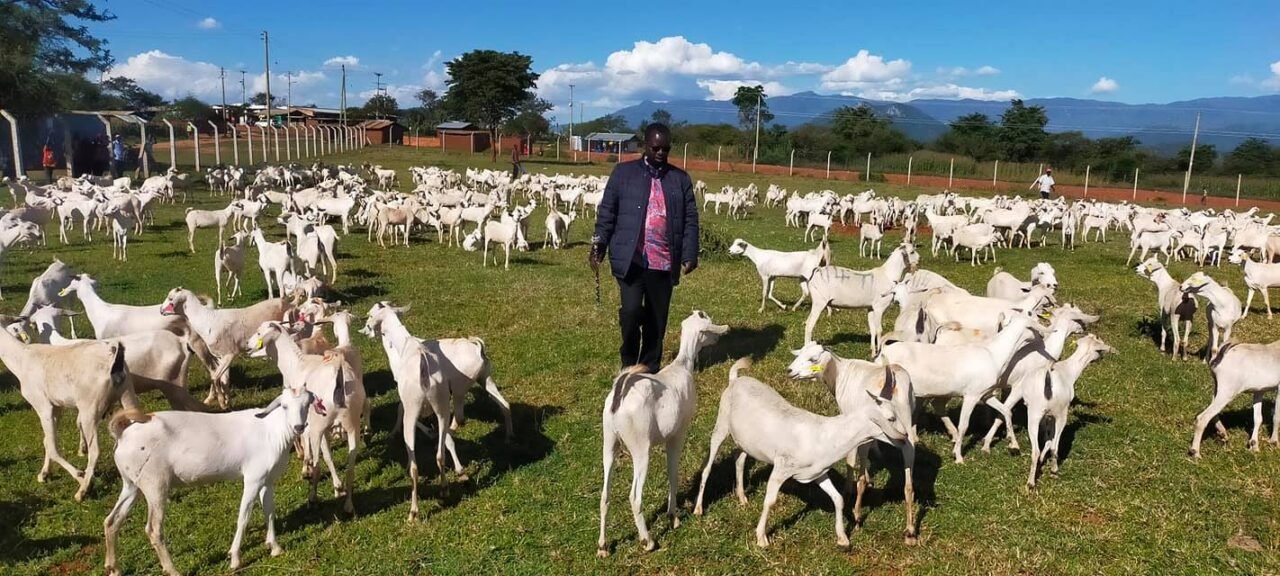Satellite Technology to Help Farmers Optimise Livestock Grazing and Cut Emissions in Africa
By Shelmith Nelima
A new global initiative is set to transform livestock farming in Africa by using satellite-based systems to help farmers manage grazing more efficiently, improving animal nutrition, boosting milk and meat yields, and cutting harmful emissions.
The Global Methane Hub has announced the launch of the Time2Graze project, which will support livestock keepers across Africa and Latin America with tools that identify optimal pasture conditions.
Livestock grazing is central to African agriculture, where millions of smallholder farmers depend on cattle, goats, and sheep for food and income.
However, changing weather patterns and prolonged dry spells, driven by climate change, are making pasture availability and quality increasingly uncertain.
This directly affects animal productivity and increases methane emissions, which are produced during digestion.
The Time2Graze project will deploy advanced satellite systems capable of tracking grassland biomass at a resolution of 10 meters by 10 meters, updated every five days.
This near-real-time data will enable African farmers to know exactly when and where to graze their animals, helping them to maximize pasture use while preventing overgrazing.
Research shows that even a 10 percent improvement in feed digestibility can cut methane emissions by up to 20 percent, offering both economic and environmental benefits.
“Grazing livestock systems are vital to rural livelihoods in Africa but they remain highly vulnerable to climate variability,” said Dr. Santiago Rafael Fariña, senior agriculture program officer at the Global Methane Hub.
“The Time2Graze project is designed to put real-time information directly in the hands of farmers, so they can increase milk and meat production in a sustainable way while also reducing methane emissions.”
The project will be led in Africa by the World Resources Institute (WRI) in partnership with the International Center for Tropical Agriculture (CIAT), Uruguay’s National Agriculture Research Institute (INIA), WWF, and more than 30 other global and regional partners.
Together, they will co-develop farmer-friendly decision support tools tailored for African contexts. This includes seven country-specific tools to be tested and refined at 115 on-farm trial sites in collaboration with local farmer associations and extension workers.
Africa stands to benefit significantly. In tropical and subtropical zones across the continent, farmers typically harvest only 40–60 percent of the potential forage available.
At the same time, livestock grazing and mixed systems account for the majority of methane emissions, with nearly 80 percent coming from countries in the Global South.
“Time2Graze represents a win-win opportunity for African livestock farmers,” said Hayden Montgomery, director of the Global Methane Hub’s agriculture program.
“By improving the nutrition and productivity of animals while cutting methane, we are safeguarding food security and strengthening the livelihoods of millions, while contributing to Africa’s climate commitments.”
The initiative underscores Africa’s critical role in building climate-smart livestock systems that are not only resilient to climate change but also part of the global effort to reduce greenhouse gas emissions.




Comments are closed.